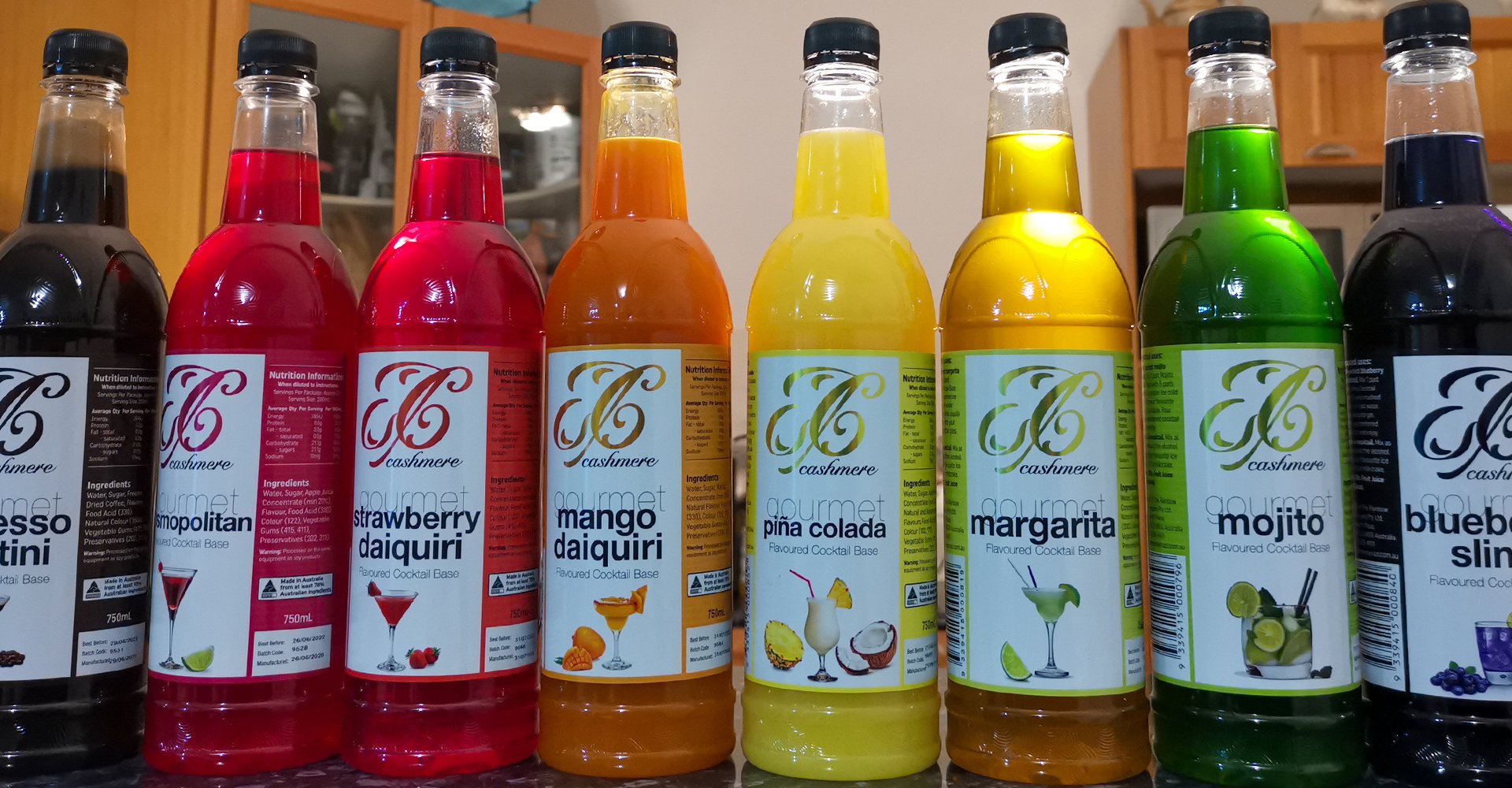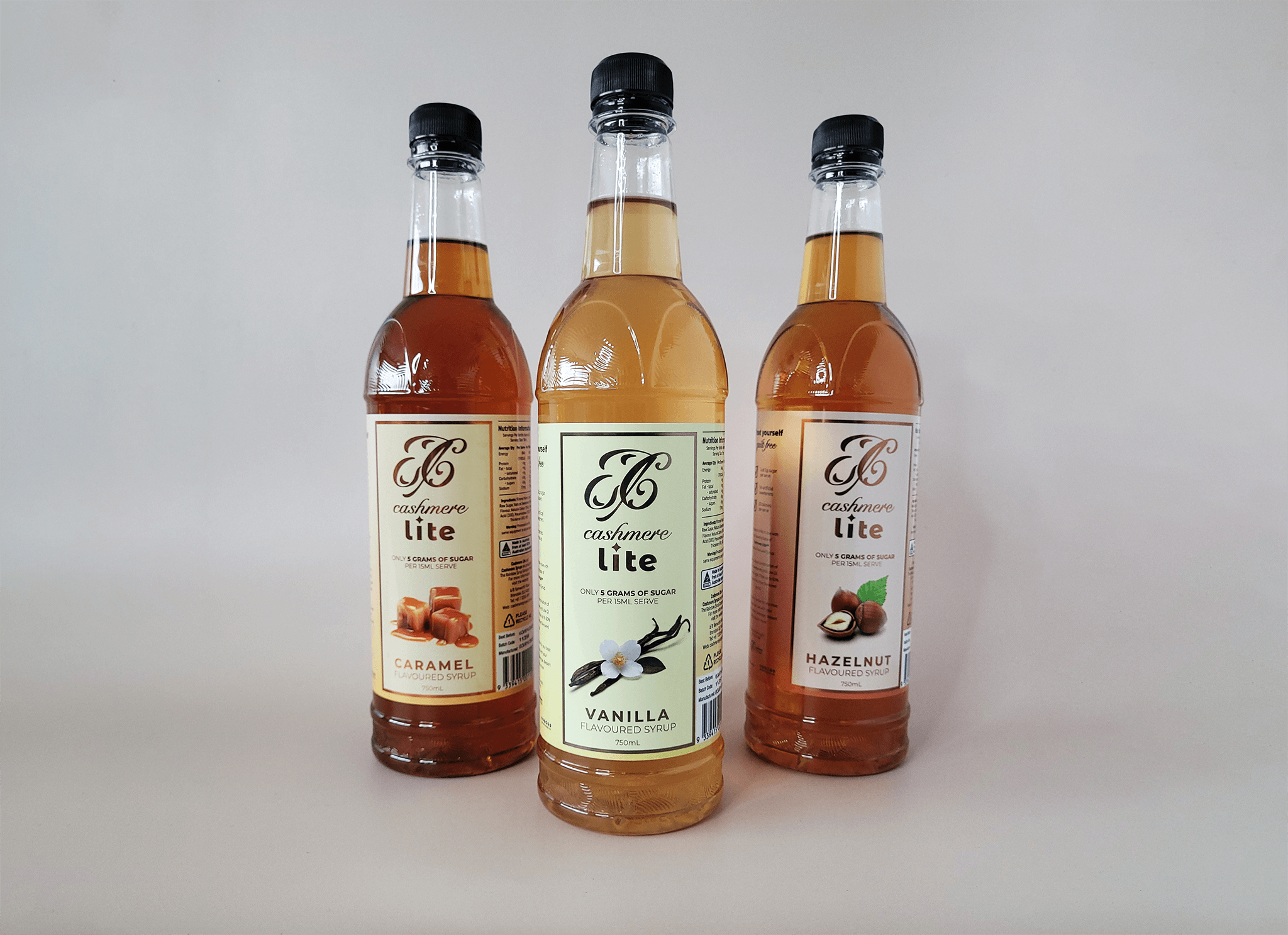Welcome to Win Your Week - our weekly blog on all things motivation, mindfulness, life hacks and more!
When something goes wrong do you tend to chalk it up to your own doing or other factors outside of your control?
The way you answer this question is largely determined by a psychological construct known as ‘locus of control’.
What is Locus of Control?
Locus of control refers to the degree to which we feel a sense of agency in our lives. We can fall anywhere between a high internal to a high external locus of control.
Individuals with an internal locus of control believe the things that happen to them are greatly influenced by their own abilities.
For example, imagine you have an exam coming up. An individual with an internal locus of control will attribute their passing or failing to their own abilities. This individual would praise their own abilities if they passed and recognise their lack of study if they achieved a poor result.
These individuals are more inclined to take personal responsibility for their behaviour, which is seen as being a product of their own effort
Whereas an individual with an external locus of control believes that other forces such as chance, environmental factors or the actions of others are more responsible for events than occur in our lives.
If we use the exam example again, an individual with an external locus of control would be more likely to blame other factors such as the time of the exam or even the exam itself as an excuse rather than accept that the result occurred due to a personal decision.
These individuals are more likely to perceive their behaviour as being caused more by external forces or luck.
So how is our locus of control determined?
Contributors to Locus of Control
Our locus of control is influenced by genetic factors and childhood experiences; in particular the behaviours and attitudes modelled by early caregivers.
But why does locus of control matter?
Importance of Locus of Control
Our sense of control affects education, health and civic engagement. With those with a more internal locus of control generally being more successful, healthier and happier than those with a more external locus of control.
These outcomes are due in part to the relationship between self-efficacy and locus of control.
The Relationship Between Self-Efficacy and Locus of Control
Self-efficacy is another psychological construct related to locus of control. Self-efficacy refers to the belief about an individual’s ability to accomplish tasks and achieve goals.
Individuals with high self-efficacy typically have a more internal locus of control.
This relationship also extends to our health outcomes.
Whereby, the more we believe our actions determine our future, the more likely we are to engage in healthy behaviours like eating well and regularly exercising.
That said, this is not always the case.
For example, an individual may feel like they have the power to influence their health outcomes, while also feeling like they lack the skills such as cooking healthy meals that would contribute to being healthier (high internal locus of control but high self-efficacy).
The relationship between self-efficacy and locus of control can also be found when looking at individual stress levels. People with high self-efficacy and an internal locus of control tent to cope better with stress as they feel like they have control over their actions and these actions make a difference.
Meanwhile, those with an external locus of control and lower levels of self-efficacy are prone to feelings of helplessness, resulting in excess amounts of cortisol, the stress hormone.
Having an internal locus of control has a host of benefits, so how do we harness these benefits if we currently have a more external locus of control.
How can you develop a strong internal locus of control?
The quickest way to shift our locus of control is to notice when you are self-victimising or blaming other people for your hardships or negative feelings. Even if it may be true try not to remain in a state of self-pity. Instead, we can focus on the part of the problem we can control.
Over to you…
In improving our locus of control, we will learn to better attribute a cause to an outcome. We may also find that we have more control over our action that we may have initially thought having a positive outcome on our wellness and stress levels.
Now go ahead and Win Your Week!









